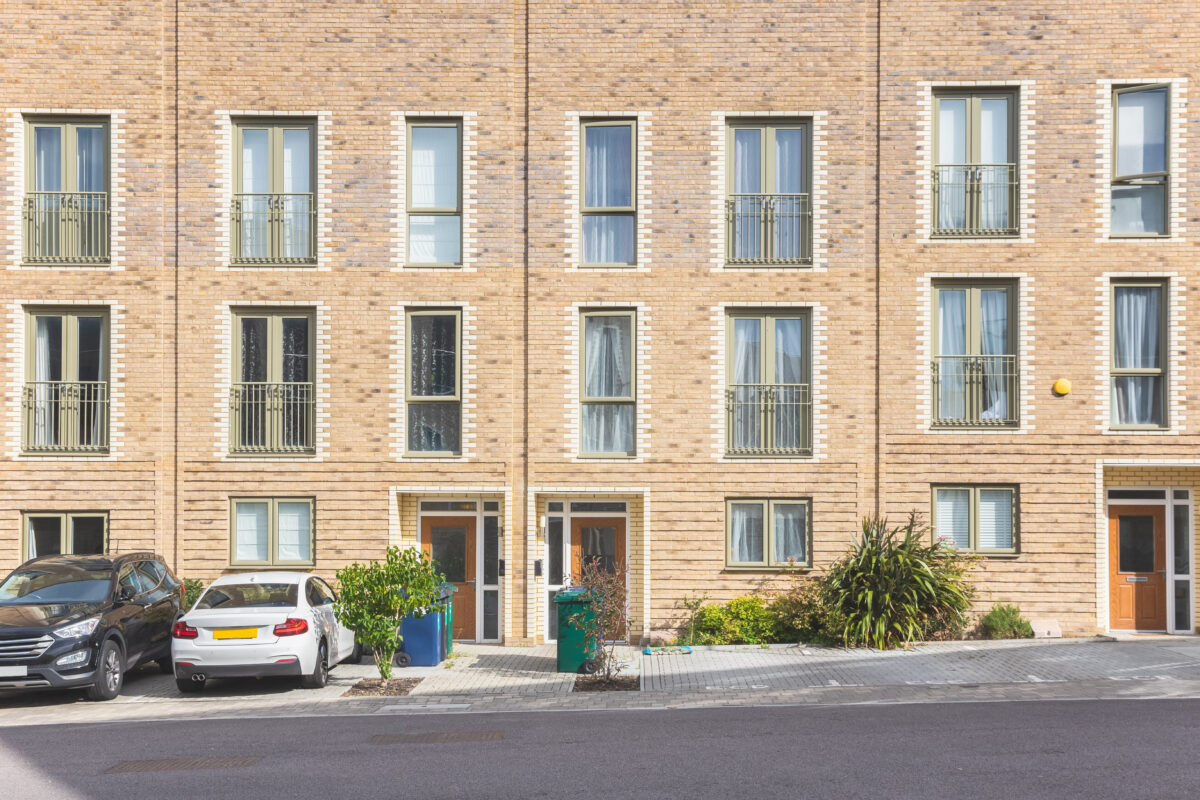Darren Bagnall from Manage Your Block explains more about Service Charges and how being transparent can build trust.
Service charges can be a sensitive topic. For Resident Management Company (RMC) directors, handling these charges clearly and fairly is not just good practice, it is essential to maintaining residents trust and ensuring the smooth management of the block.
It is vital for RMC directors to communicate costs in a way that is transparent, informative and easy to understand. Not only will residents respond better to the fees being asked of them, but you will also be keeping your demands in line with current legislation.
The Importance of Clarity
When leaseholders receive a service charge bill, their first question is likely to be “what exactly am I paying for?” If the answer is not immediately clear, confusion can quickly lead to frustration and disputes.
Breaking down service charge allocations simply and logically helps demystify costs. The simplest way to present the expenses is to group them into relatable categories such as:
- Building maintenance and repairs
- Cleaning and grounds maintenance
- Insurance premiums
- Management fees
- Reserve fund contributions
Clearly itemising these sections and showing how each figure is calculated demonstrates to leaseholders that their money is being managed responsibly and transparently.
Legal Compliance: Recent Changes
Recent changes in UK legislation have introduced stricter rules on how service charge demands must be presented. These changes come together with existing rules to include:
- The need for summary rights and obligations to be provided with each demand
- Greater scrutiny on how costs are allocated and justified
- Requirements to consult with leaseholders on major works (Section 20)
Failure to comply can invalidate the demand and delay payments. Ensuring your documents meet legal standards is critical – professional managing agents or legal advisers can help review templates and ensure your processes are up to date.
Budget Forecasting and Regular Updates
Proactive financial planning reduces the likelihood of unexpected charges. A clear annual budget, shared with residents before the year begins, shows foresight and financial responsibility.
Quarterly or mid-year updates help keep residents informed of spending progress against the budget, any unexpected costs or savings and any changes in anticipated expenditure.
When leaseholders understand how money is spent and why, they are far more likely to trust the RMC’s decisions and pay charges without dispute.
Communication is Key
Holding an Annual General Meeting (AGM) is a necessary formality, but it is also a valuable opportunity to present financial accounts, outline the budget for the upcoming year, and explain changes or planned major works. It also offers residents the opportunity to ask any questions in open forum and to give any feedback.
Regular newsletters can supplement this by offering shorter, more frequent updates such as:
- Progress on planned works
- Maintenance updates
- Reminders of upcoming payments
- Explanations of specific charges
Using Technology to Support Transparency
One of the simplest ways to improve communication and resident awareness is by using a digital noticeboard. Products such as Intratone’s offering allow you to share real-time updates in communal areas without the need for paper posters or door drops.
Products like this allow for:
- Easy sharing of budgets, notices and updates
- Instant access for residents, including those who may not use email
- Reduced printing and admin time for RMCs
Digital noticeboards are particularly useful for reminding residents about upcoming service charge deadlines or notifying them of meetings and maintenance works.
Building a Culture of Openness
Ultimately, trust is built over time through consistency and openness. When RMC directors proactively share information and provide opportunities for engagement, leaseholders feel more informed and involved.
Some tips to build this culture include being transparent – even when delivering difficult news (e.g., cost increases). Always take the opportunity to share positive news around cost savings or early completions and encourage feedback that is swiftly acted upon whenever possible.
In Summary
Transparent service charge management is not just a legal obligation, it is a cornerstone of good community relations. By presenting charges clearly, forecasting budgets accurately and keeping residents in the loop through AGMs, newsletters and digital tools, RMCs can foster goodwill and reduce the risk of disputes.


